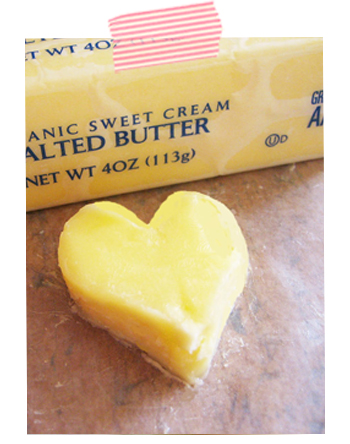Good Ole Abe!

Abraham Lincoln was the ultimate self-made man. Largely self-educated, he rose from the humblest of origins to become a lawyer and politician before being elected President of the United States in 1860.
His unshakeable faith in and devotion to the United States was severely tested during the Civil War, and his savvy leadership ensured the Union’s survival. But his life and legacy were more complicated than history books often present. Explore six intriguing facts about America’s 16th President.
He Was the Only President To Receive a Patent

Lincoln had a lifelong fascination with machinery and often tinkered with mechanical devices and tools. He also spent much time traveling and working on the river boats that sailed along the Mississippi River and other waterways, which were prone to breaching onto shores in shallow waters. In 1848, while Lincoln was serving his sole term as a U.S. congressman, a boat he was traveling home to Illinois on got stuck on a sandbar — forcing the captain to empty the barrels of cargo on board so he could use them to buoy and lift the ship back on the water.
The incident sparked a new idea in Lincoln, who spent the Congressional break working on a design for inflatable bellows that could be attached to a ship’s hull to lift it over sandbars or other impediments. He had a scale model created and submitted the idea to the U.S. Patent Office. In May 1849, he received U.S. Patent No. 6469, although his flotation system was never put to practical use.
Lincoln Was the First President To Have a Beard

When you think of Lincoln, the first image that comes to mind is likely of a tall, thin man with a signature beard. But Lincoln actually spent much of his life clean-shaven, despiteattacks by his political opponents who mocked his gaunt face and nearly emaciated frame.
The introduction of photography was a game-changer in politics, and Lincoln, a little-known politician who had served just one term in Congress, seized on the new technology to introduce himself to the American people. It was one of these photos that caught the attention of Grace Bedell, an 11-year-old girl from New York. After seeing his picture on an election brochure, she wrote to Lincoln and urged him to grow a beard to obscure his thin face, cheekily noting, “All the ladies like whiskers and they would tease their husbands to vote for you and then you would be President.”
Lincoln endearingly responded to Bedell and said that he worried some might see the change as a political ploy. He won without facial hair, but began growing a beard shortly before taking office — he even visited Bedell to show it off in person during a visit to New York. Lincoln’s beard became iconic, but it proved to be a short-lived trend. Only four other Presidents had full beards while in office, and the last was Benjamin Harrison, who left office in 1893.
Lincoln Was the First U.S. President To Appear on a Coin

Since the nation’s founding, U.S. currency has featured images and symbols linked to the concept of liberty, such as eagles or winged figures of victory. That changed in 1909 when the U.S. Mint redesigned the 1-cent coin to commemorate the centennial of Lincoln’s 1809 birth. The new coin, the first circulating one to honor a real person, featured a portrait of Lincoln by sculptor Victor David Brenner. The coin reportedly caught the attention of then-President Theodore Roosevelt, who lobbied for its use on the new Lincoln penny, which was released in August 1909. Lincoln remained the only President honored on a coin for more than two decades until a redesigned quarter was released in 1932 to mark the bicentennial of the birth of America’s first President, George Washington.
The Gettysburg Address Was Less Than 275 Words Long

The 1863 Union victory at Gettysburg, Pennsylvania was a key turning point in the war, but a bloody one, with over 51,000 combined casualties. The enormity of the losses spurred a local lawyer to push for the creation of a national cemetery to properly bury the dead. The day’s events were scheduled around an address by Edward Everett, a former Massachusetts Senator and Secretary of State who was considered one of the nation’s best orators. Lincoln’s invitation was almost an afterthought as he wasn’t invited until just three weeks before the November 19 ceremony.
Lincoln wrote part of the speech at the White House and likely finished the rest in Gettysburg the night before the ceremony. The following day, Everett delivered a two-hour speech, while Lincoln spoke for just two minutes. In his address, the President honored the sacrifices of the dead and called on a “new birth of freedom” as critical to the survival of America. Immediate reactions to Lincoln’s speech were mixed.
But in the years following Lincoln’ death, the Gettysburg Address became one of the most important speeches in American history.
Love these “little bits” from Trivia Genius! Thank you Trivia Genius!








Comments are closed.